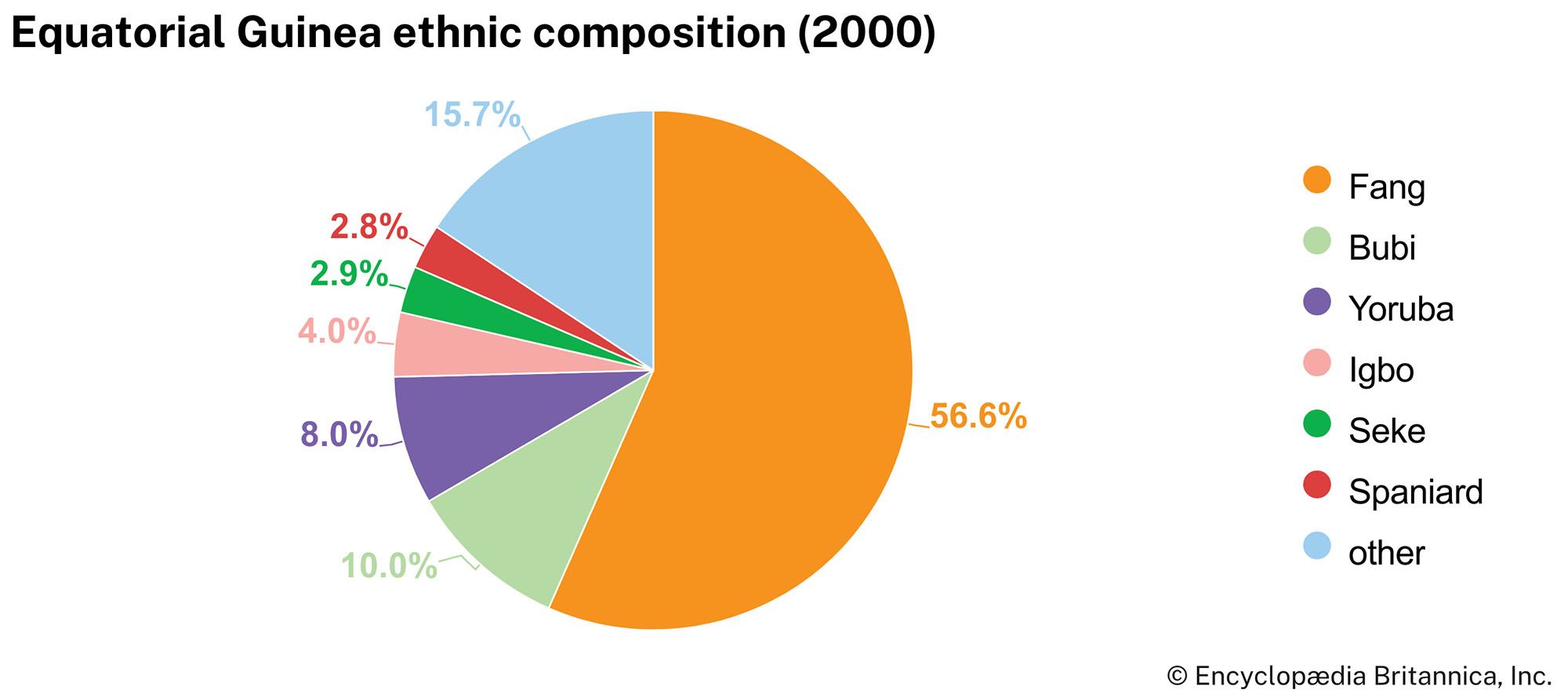
Equatorial Guinea’s main trading countries
Equatorial Guinea, a small country on the west coast of Central Africa, relies heavily on trade partnerships for economic growth, especially given its wealth of natural resources, notably oil and gas. These resources have made the nation one of sub-Saharan Africa’s top oil producers, leading to close trading relationships with several influential countries. This essay will cover the primary trading partners of Equatorial Guinea, examining the nature of these partnerships and the commodities exchanged.
1. United States
Equatorial Guinea’s relationship with the United States is particularly strong in the energy sector. U.S.-based oil companies were among the earliest foreign investors in Equatorial Guinea’s oil industry, starting in the 1990s. Since then, the United States has been one of the country’s main destinations for its oil exports. These exports help Equatorial Guinea earn foreign exchange, as petroleum products form the majority of its exports. Beyond oil, the two countries occasionally trade in machinery, equipment, and other technology, essential for oil extraction and refining. In recent years, however, the level of direct trade has seen shifts, influenced by geopolitical and economic conditions, including global oil prices.
2. China
China has become an increasingly important trading partner for Equatorial Guinea over the past two decades. China imports oil and gas from Equatorial Guinea, which helps diversify its energy sources. In return, China exports various goods to Equatorial Guinea, including electronics, machinery, textiles, and construction materials. This trade is essential for Equatorial Guinea’s development, as it provides the materials and technology needed to support infrastructure projects. China has also invested in Equatorial Guinea’s infrastructure, including roads, buildings, and other public works, which strengthens their trade and diplomatic relationship. The partnership aligns with China’s Belt and Road Initiative, creating benefits for both nations.
3. Spain
As Equatorial Guinea’s former colonial power, Spain maintains a special relationship with the country. The two nations share a common language (Spanish), which eases trade communication and facilitates business. Spain imports oil from Equatorial Guinea while exporting manufactured goods, machinery, and processed foods. The economic relationship also includes Spanish companies operating in sectors such as construction, tourism, and services. This partnership is critical for Equatorial Guinea as it seeks to diversify its economy and reduce dependence on oil by developing other sectors. Spanish companies and aid organizations are active in the country, fostering cultural and economic ties.
4. India
India is another major trading partner of Equatorial Guinea, particularly for oil and natural gas. India imports a considerable amount of petroleum products from Equatorial Guinea to fuel its rapidly growing economy. In exchange, India exports pharmaceuticals, textiles, machinery, and agricultural products to Equatorial Guinea. This trade partnership is significant as it supports Equatorial Guinea’s economy through oil revenue while allowing access to affordable goods, which improves the standard of living in the country. Additionally, both governments have worked on agreements to enhance bilateral trade, including frameworks to encourage Indian businesses to invest in Equatorial Guinea’s oil and gas industry.
5. European Union (EU)
The European Union, including member states like France and the Netherlands, forms a key trading block for Equatorial Guinea. The EU imports energy resources, primarily oil, from Equatorial Guinea, and in return, exports machinery, chemicals, and various consumer goods to the country. The relationship is somewhat shaped by the EU’s interest in accessing African markets and resources, as well as Equatorial Guinea’s need for high-quality goods and technologies. Trade with the EU has also been encouraged through development aid, with European programs supporting governance, healthcare, and infrastructure in Equatorial Guinea.
6. Neighboring African Countries
Equatorial Guinea maintains trade relations with neighboring countries, notably Cameroon and Gabon. These partnerships are particularly important for importing food and basic goods that cannot be produced locally. Trade within the Economic and Monetary Community of Central Africa (CEMAC), to which Equatorial Guinea belongs, also facilitates economic integration, allowing easier exchange of goods and services across borders. Equatorial Guinea imports food products, construction materials, and other essentials from its neighbors, fostering regional cooperation and economic stability.
Conclusion
Equatorial Guinea’s main trading partners, including the United States, China, Spain, India, the European Union, and neighboring African countries, each play distinct roles in its economy. These partnerships enable Equatorial Guinea to sustain its oil-based economy while gradually diversifying imports to improve infrastructure, healthcare, and other vital sectors.




Leave a Reply